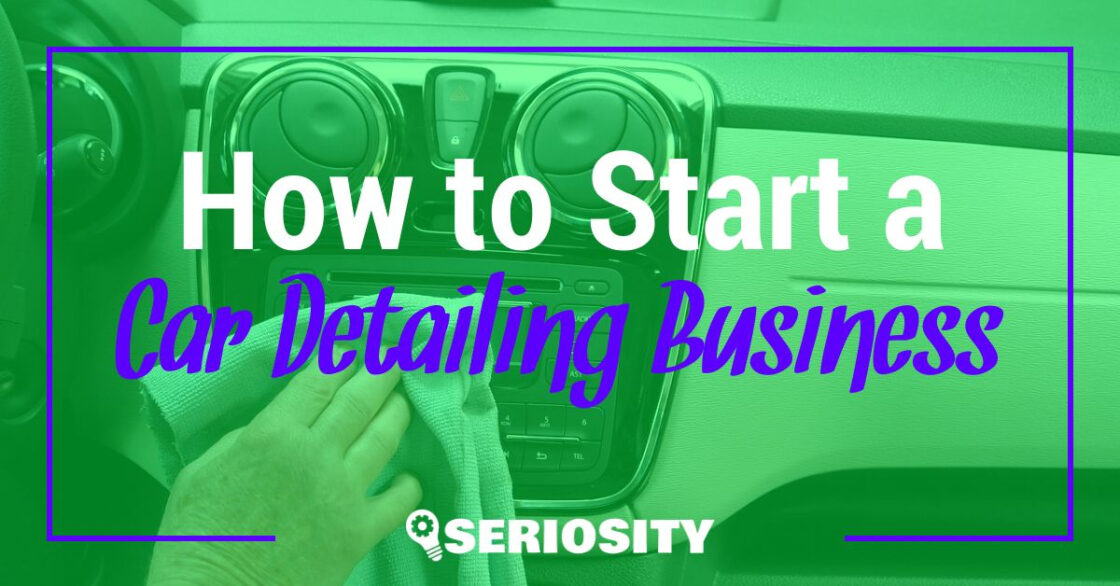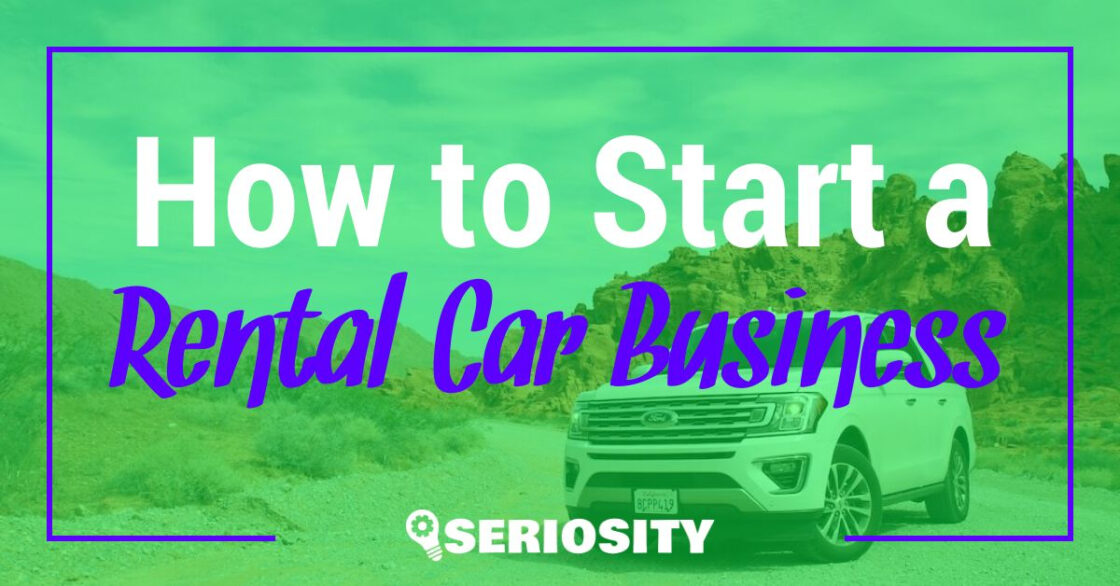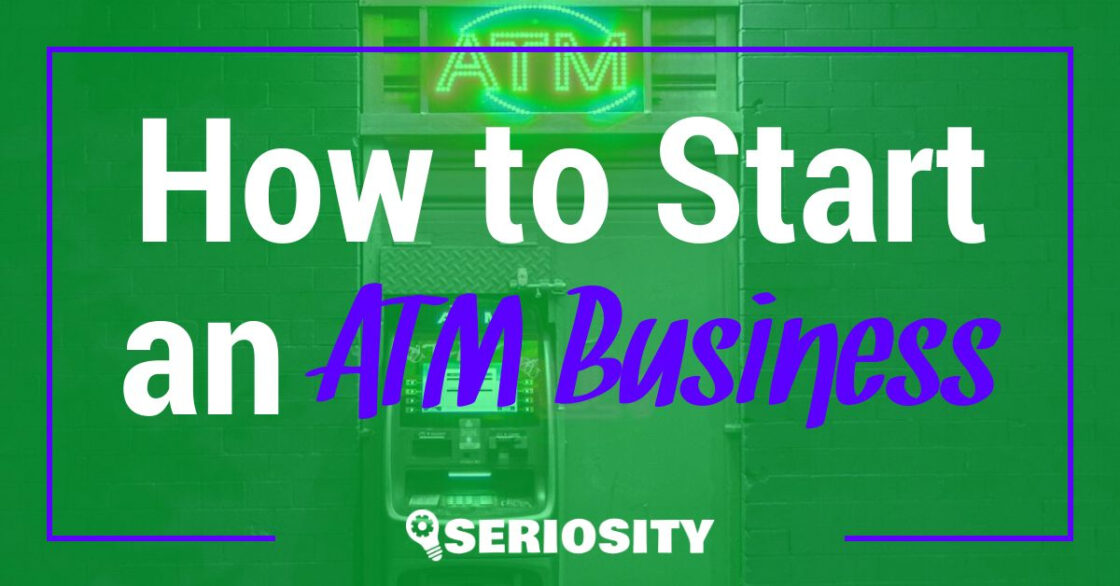Specific steps are available to start up a hotshot trucking business. Before starting, a decision must be made to determine what types of loads the truck can handle, what kind of business, license, and insurance you need, the rules and regulations of each state of business, and more. We offer all the information required to get you started with your hotshot trucking business, so we invite you to keep reading.
Decide What Type of Loads to Haul for Your Hotshot Trucking Business
There are several factors to determine what types of loads to haul. Any hazardous materials require a Hazmat License and placards to place on the truck to show what type of chemical is on the truck.
The dimensions and weight of both the gross vehicle weight rating (GVWR) and the curb weight require heavy consideration regarding the equipment that will fit on the vehicle or trailer.
The GVWR measures the amount of weight of the vehicle loaded at total capacity. The curb weight is the vehicle’s weight without the load and passengers. These are calculated to keep the vehicle and load safely on the road.
The GVWR will determine which class license you will need for business. A smaller GVWR can get away with a Chauffer Class D license. Larger loads require a CDL Class A, B, or C. Some will also require air brakes if the truck is equipped with them. It also depends if you use a cargo van, pickup truck, flatbed truck, or 18-wheeler.
Different industries and companies will require different loads. These are the types of loads hotshot drivers can expect to haul:
- Heavy machinery;
- Offshore equipment;
- Gang boxes;
- Well-packaged retail and grocery supplies;
- Miscellaneous items on pallets.
Set Up the Business Accounts
Whether the vehicle and trailer are leased, the owner is responsible for keeping their finances in order. The company will cut a check to pay the owner when the runs are made. This requires bank accounts with the name of the business to make deposits.
It is wise to get an LLC label and get a lawyer to draw up the paperwork. If a lawsuit is filed, it goes against the business and not the owner’s assets. It also offers an Employer Identification Number (EIN) used for tax purposes.
Once these accounts are done, it will help keep the business separate from the personal accounts when tax season is due. You can use your company’s account to deliver direct payroll deposits and have the taxes taken out to keep track as payments go along. This way, you won’t fall behind owing the IRS and fork out thousands of unexpected dollars.
Next is getting with the FMCA and registering the vehicle and trailer with a Department of Transportation or DOT number. All hotshot drivers must have this number on the vehicle if the DOT decides to pull a random check. It is meant to keep track of the truck and trailer.
You can get options through the LLC, or the company you lease the truck can place their number on the vehicle. Letting the company put their number on the vehicle is easier because going through the LLC will leave you filling out a massive amount of paperwork. Many companies will charge to do this, but it is a tax write-off and will save you a headache.
Leasing or Independent Contractor
Many who wish to start their own hotshot trucking business go through brokers who place jobs on an online board. They can bid on the loads available and take on the task through contracted agreements. Others use marketing skills, even cold calls to get business.
Leasing is the route most hotshot truck drivers start in the industry. They lease their vehicle and trailers out to a company that will send them to work as it becomes available. It is the safest route to start, as the company handles most of the business side of hotshots.
The vehicle and trailer owner is only responsible for ensuring the truck and trailer pass inspections for safety and maintenance. Any repairs and fuel costs are on the owner.
The positive notes of leasing the vehicle to a company are as follows:
- The company sets up the load orders and dispatches them to the vehicle owner;
- The company handles the legal fees and cost of insurance;
- It puts the truck owner’s foot in the door to start their own business at a later date;
- Once the leasing contract is over, you can build up their credentials with other companies to promote the brand name.
Get a TWIC Card
Most locations require hotshot drivers to have a Transportation Workers Identification Credential or TWIC card. This card expands on what you can haul and where you can deliver it. It gives access to secure areas as it is an ID card to show you are not a security threat and have undergone a full background check.
Most hotshots will deliver offshore equipment and go to oil field sites, heliports, and docks. The Maritime Transportation Act regulates TWIC. Any violations or expired cards will not be accepted, and the driver will not have access.
Have a Mechanic Inspect the Vehicle and Trailer
The truck and trailer are considered the workhorse of your business and must be reliable. It must also pass a DOT inspection before the truck and trailer are used for your business or the company you lease the vehicle.
The truck and trailer must stay in the realm of consistent maintenance. The truck must be equipped with the following:
- Emergency roadside equipment such as flares, triangles, and reflectors;
- All lights are working, including running lights and emergency flashers;
- Tools for repairs;
- Chain binders or straps that are adequate for the weight of the load;
- Tires must have no less than 1/4 inch tread;
- The engine, transmission, and all mechanical components must be in working condition without oil leaks;
- Suspensions and frames must not have cracks.
Obtaining Licenses or Permits
Permits and licenses are available through OSHA that are not obtained from the DMV, DOT, or FMCA. If you plan on going solo instead of leasing, checking with all local and state officials is critical. It will take these professionals to guide you through all the information needed to kick off your business.
City and county permits and licenses may be required. Every area is different, so contact the area’s City Hall or County Courthouse. State officials can also help when it comes to hauling in other states.
Getting the Right Insurance
When leasing, the company you are leasing the vehicle to will cover all the required insurance. However, if you go solo with your hotshot company, you must have the following:
- Liability insurance pays the other driver’s expenses if you are the cause of an accident. All vehicles must have liability. Comp and collision will be required if the vehicle or hotshot business is financed.
- Workers Comp insurance pays if you cannot work due to work-related injuries. If you have employees, states require the business owner to have Worker’s Comp insurance for all their employees.
- Load insurance is a requirement before taking on loads. The company that contracts your business to haul its supplies or equipment requires its equipment to be secured through insurance if an unfortunate event occurs.
A DOT Physical is Mandatory
All drivers who operate a commercial vehicle must take a DOT physical and pass it to obtain a medical card. The physical determines if the driver is mentally, physically, and emotionally capable of driving and hauling loads.
This is usually done before getting a CDL, but those with a Class D license will have to take it if they lease their vehicle to a company.
Set Your Rates
You must set your rates and limits if you do everything yourself. Most hotshot companies operate through a rate-per-mile system. Check out the competitors, see what they are charging, and try to outbid them when bidding on a load board.
Be careful not to lowball yourself in the process. Remember, it takes money to keep your business going, and you need to make a living at the same time.
You can find these load boards on computer software. Some of you may have to pay a subscription. Others are free but won’t offer as much on the board. It will also take software to make the invoices, so you get paid.
Sources
https://stepbystepbusiness.com/business-ideas/start-a-hot-shot-business/
https://www.fmcsa.dot.gov/





